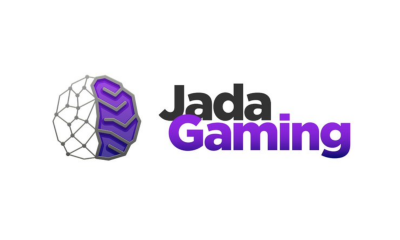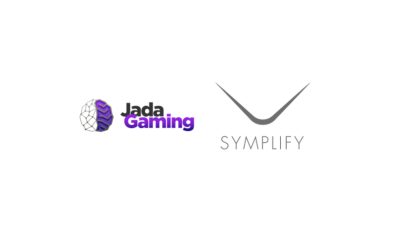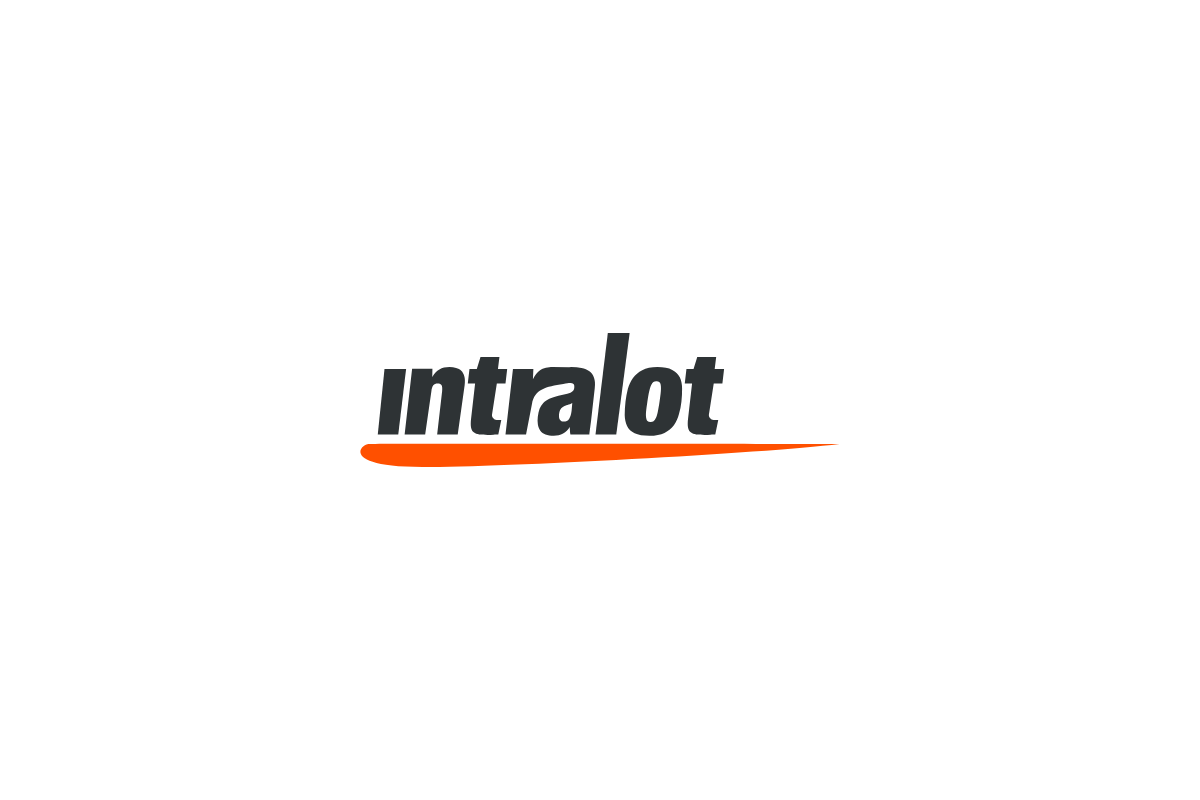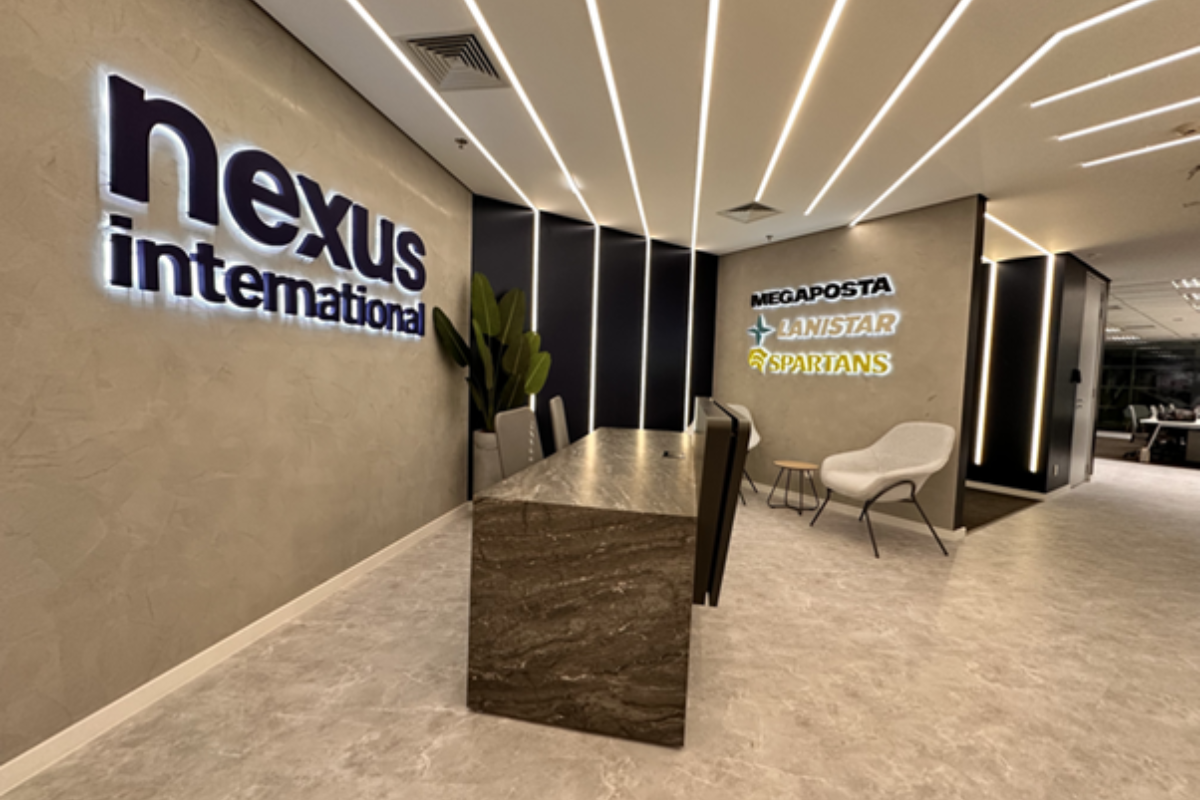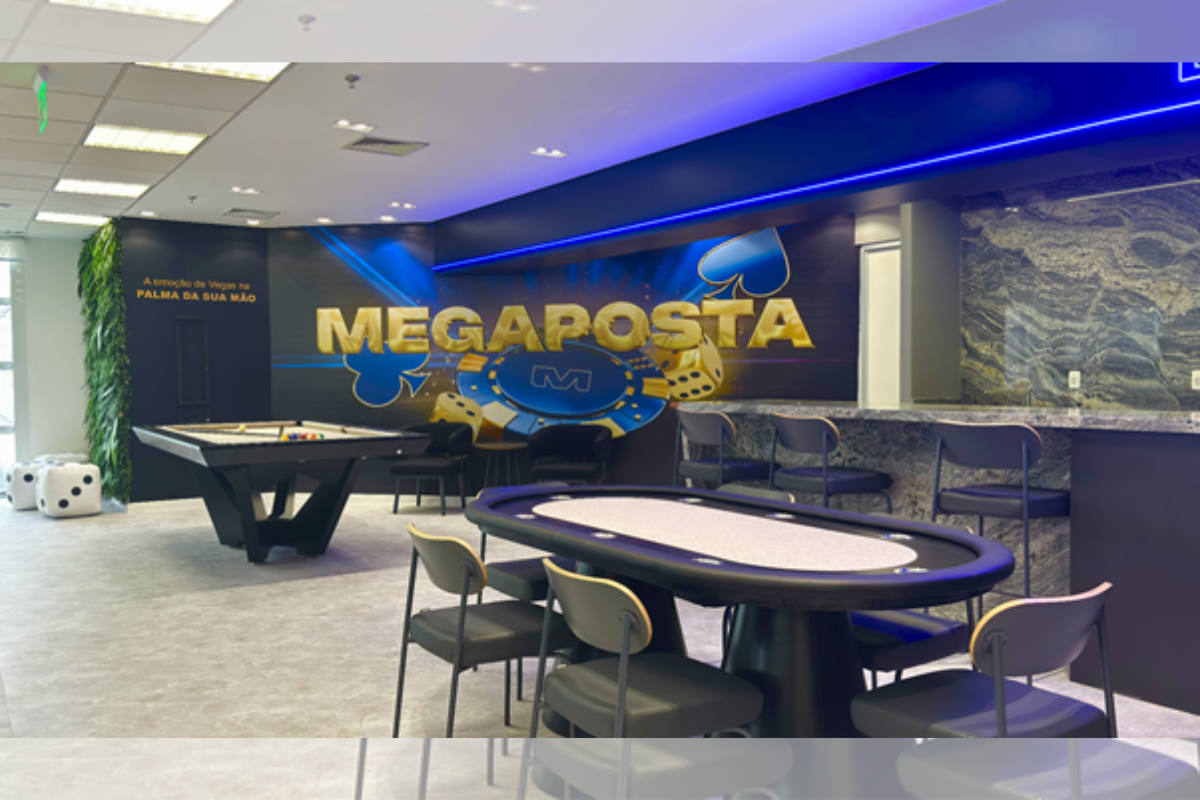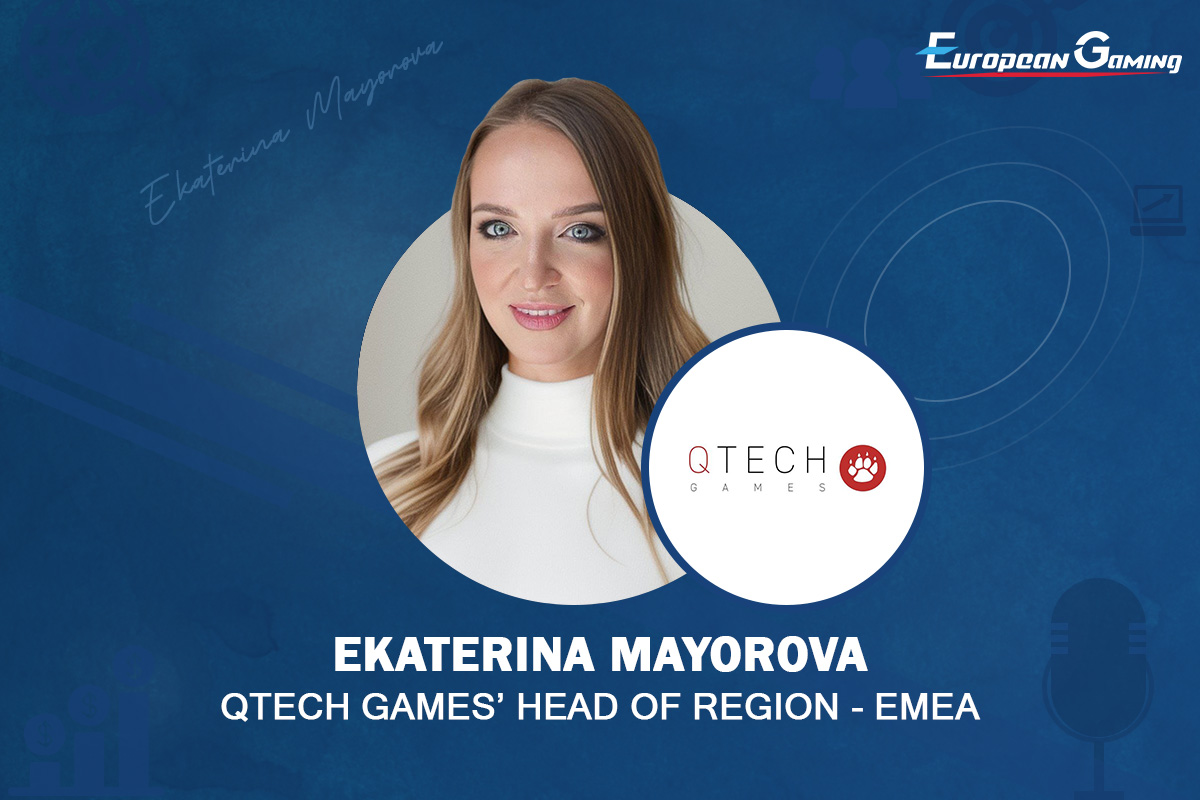Latest News
Louis Gonzalez appointed Jada Gaming Head of Sales & Commercial

Jada Gaming, the data and analytics AI specialist, is stepping up its expansive growth strategy with the appointment of Louis Gonzalez as its Head of Sales & Commercial.
Gonzalez will be based in Marbella and focused on leading the company’s sales, business development, and marketing activities. Jada’s strength in real-time marketing, churn prediction, hyper-personalisation and AI-powered segmentation has quickly built the business into an AI force within iGaming.
Louis Gonzalez, Jada Gaming Head of Sales & Commercial, followed: “I am very pleased for the opportunity to join Jada Gaming as the business goes from strength-to-strength. I’ll be able to help operations increase turnover and optimise marketing costs. Highly accurate reporting and analytics will also play a key part in the role too.”
Jada Gaming most recently announced a partnership with FinnPlay to add to its burgeoning portfolio of partners that already includes Betmotion and LVBet.
Alberto Alfieri, Jada Gaming Co-Founder, followed: “Louis’ impressive iGaming experience will be an invaluable addition to the business as we build on our initial momentum. Jada has an extremely healthy commercial pipeline and Louis will play an integral part in delivering on our ambitious growth goals.”
-

 Latest News2 days ago
Latest News2 days agoPIN-UP Global Transforms into the RedCore Business Group
-
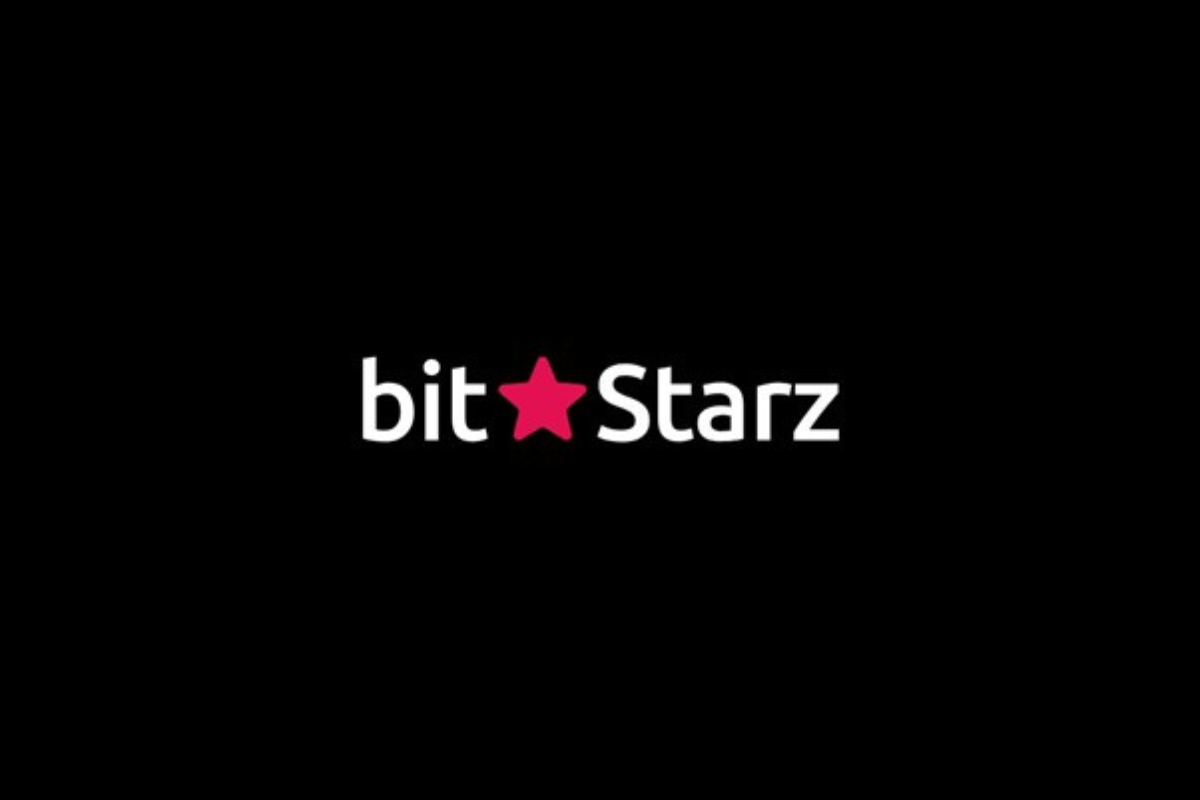
 Latest News5 days ago
Latest News5 days agoBitStarz Casino Review 2025: The Leading Crypto & Bitcoin Casino With Instant Withdrawal, Fast Payout & Latest Bonuses!
-

 Latest News5 days ago
Latest News5 days agoEGT Digital’s games are available to Bangbet’s customers in Tanzania
-
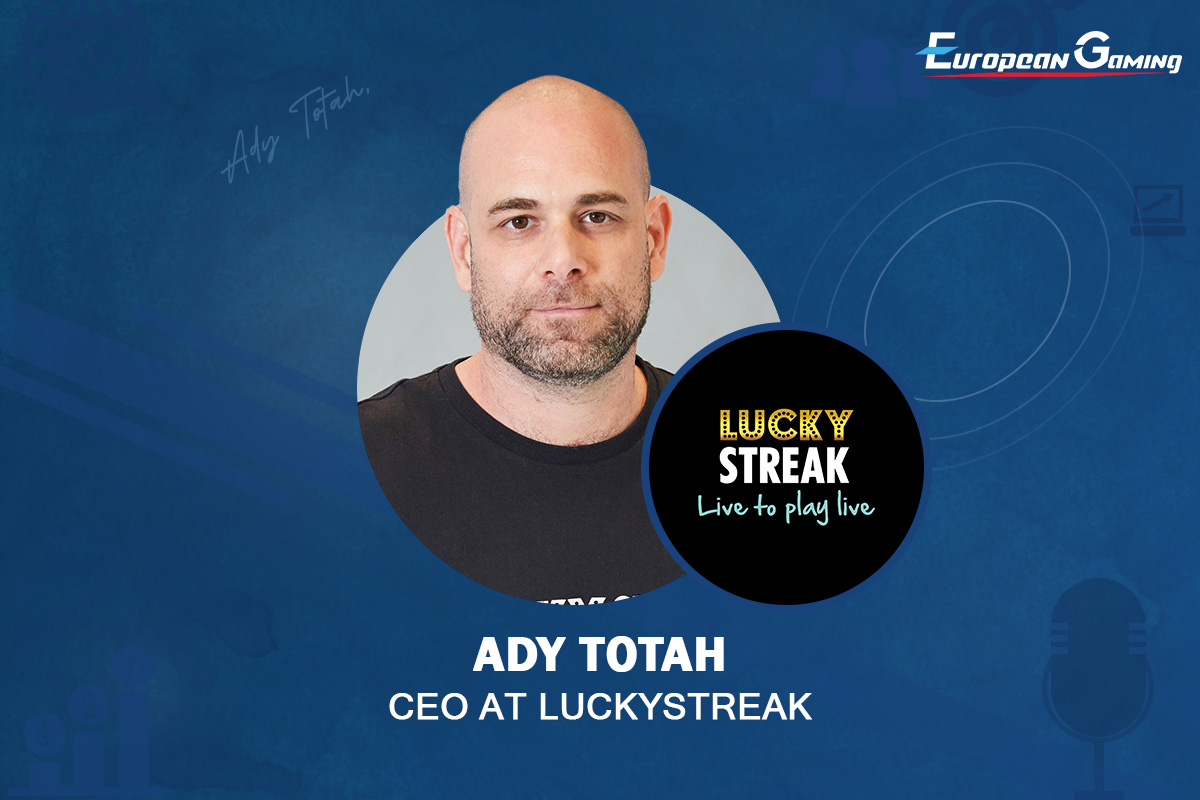
 Interviews5 days ago
Interviews5 days agoScale isn’t everything: Why agility is the new advantage in live casino
-

 eSports5 days ago
eSports5 days agoNODWIN Gaming and JioStar unveiling BGMS Season 4 with OnePlus as Title Partner and Android as Co-Title Partner
-

 Latest News5 days ago
Latest News5 days agoBC.GAME Strengthens African Strategy with Dual Regulatory Approval in Kenya
-
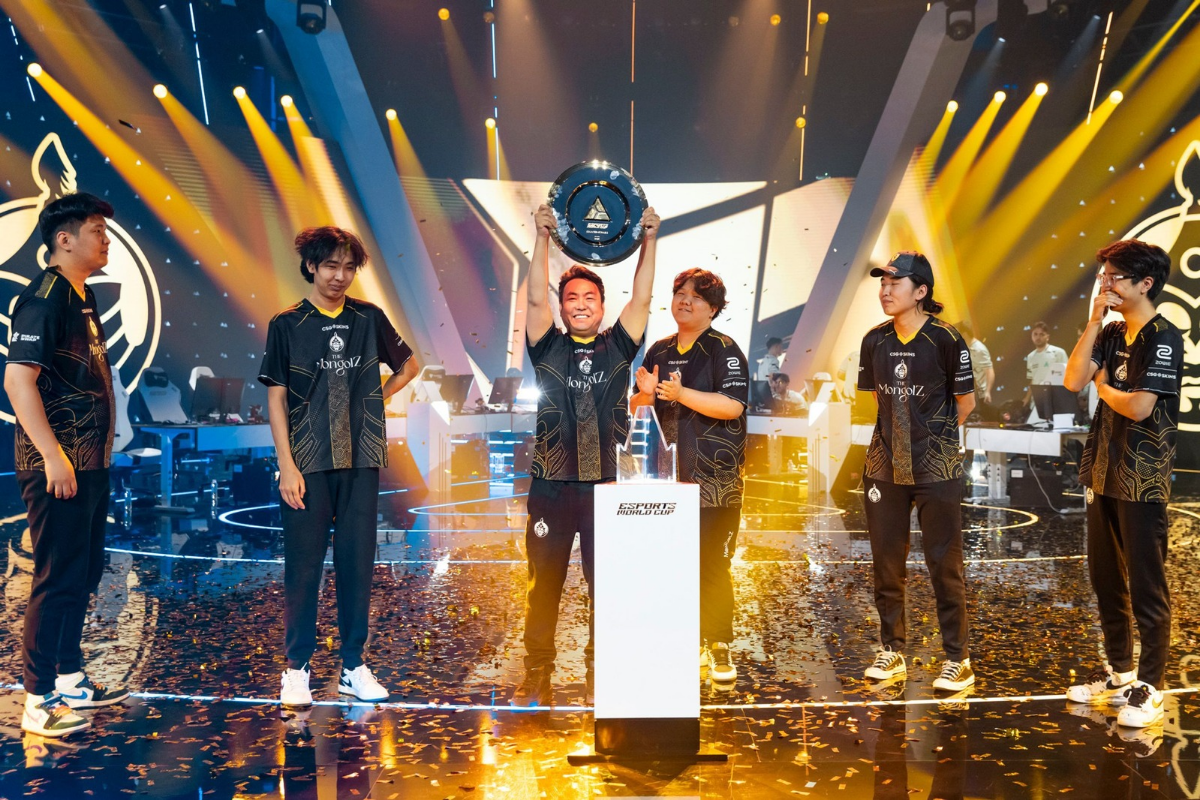
 eSports5 days ago
eSports5 days agoThe MongolZ Lift the Counter-Strike 2 at Esports World Cup Trophy, as Hero Run Ends in Title Triumph
-

 Latest News5 days ago
Latest News5 days agoHIPTHER Announces In-Person Events Rebrand, Baltics Focus & Digital Events Lounge for 2026










